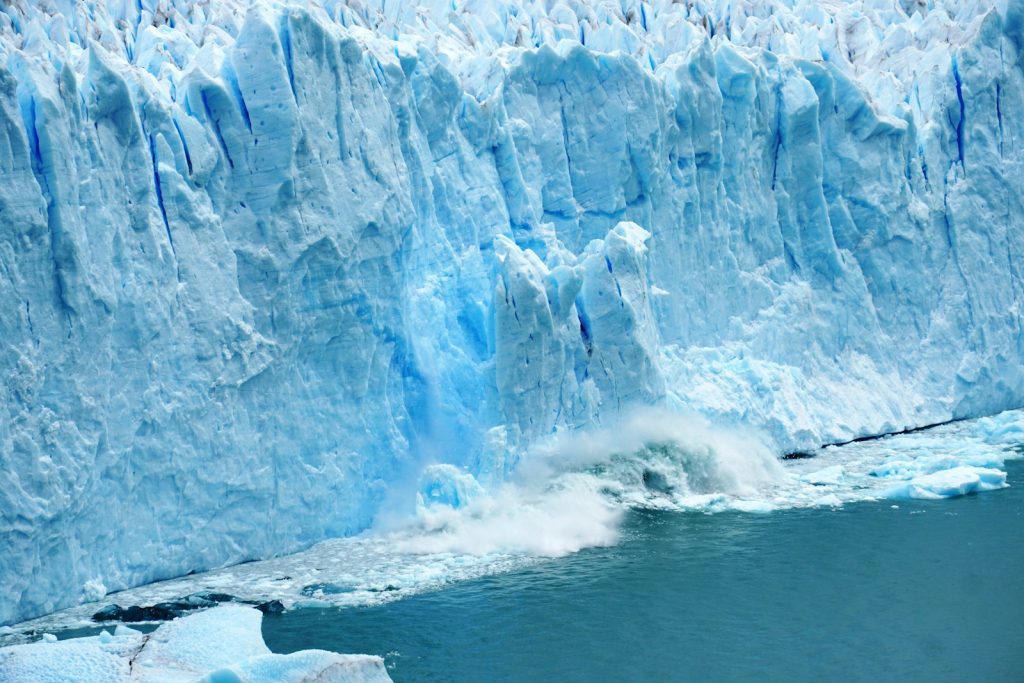

Explore quarterly updates on the POMP project as we delve into polar ecosystems to understand and mitigate climate change impacts. Each update highlights our scientific advances and collaborative efforts in fieldwork and modeling, reflecting our commitment to enhancing knowledge and strategies for polar conservation.
The POMP project kicked off with a wave of activity, starting with the implementation of a planner system to streamline project management. A kick-off meeting, in collaboration with the SeaQuester project, set the tone for future collaborations.
During this quarter, POMP was included in the EU Polar Cluster and introduced at the Oceans Decade conference, emphasizing its integration into larger scientific frameworks.
Recruitment opened for several key positions across partnering institutions, enhancing the project’s research capacity. Additionally, the project’s risk assessment protocol was established to ensure all partners maintain focus on mitigating risks effectively.
Fieldwork began in West Greenland, focusing on studying benthic biodiversity, crucial for understanding marine ecosystem changes. POMP’s involvement was further solidified with the submission of a session for European Science Week, showcasing its commitment to public engagement and science communication.
The development and dissemination of a carbon database template among partners marked a significant advancement in the project’s research infrastructure. Collaboration continued with SeaQuester in Young Sound, Greenland, for joint fieldwork planning, while the recruitment of early career scientists promised fresh insights and innovations.
The third quarter was marked by intense field activity with several Arctic campaigns, notably in collaboration with the OC4C project. Significant fieldwork was also conducted in Northeast Greenland and the central Arctic Ocean, yielding valuable data for ongoing studies.
This period saw also important publications and presentations, including a feature on the European Commission’s Cordis platform and presentations at the EU Polar Week. These outputs highlight the project’s dynamic progress in contributing to our understanding of Arctic ecosystems and their responses to climate change.